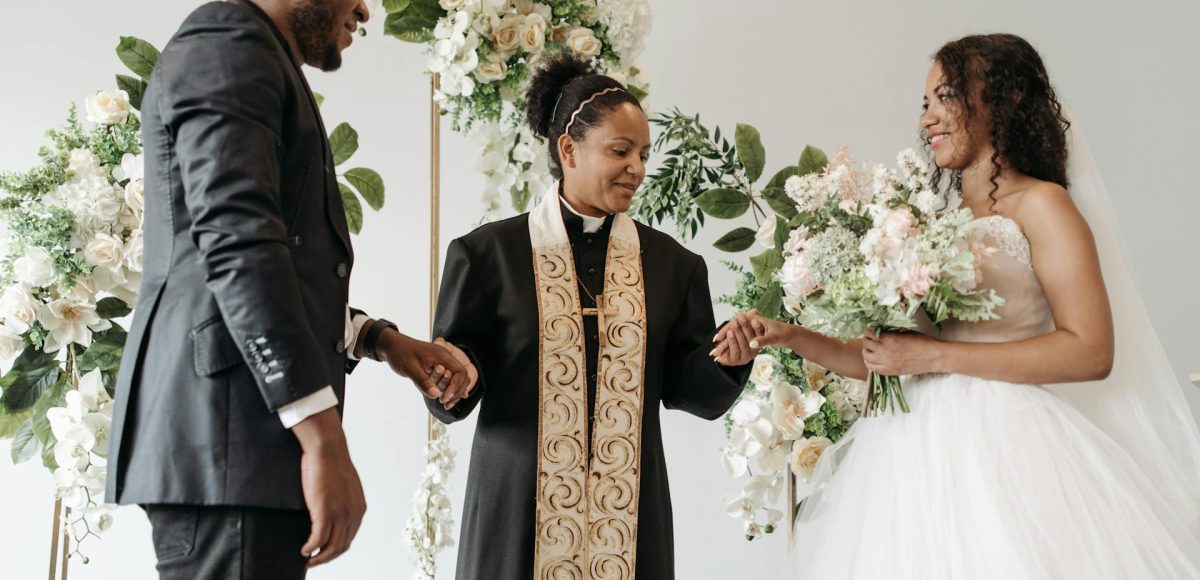
How to Choose the Best Event Planner: Your Ultimate Guide
When planning an event, whether it’s a corporate gathering, a wedding, or any special celebration, the importance of choosing the right event planner cannot be overstated. The right planner can transform your vision into reality, creating a seamless experience and leaving lasting impressions on your guests. This guide will walk you through essential tips for selecting the best event planners, helping you make informed decisions for a successful event.
Understanding the Importance of Professional Event Planning
Professional event planners bring more than just organizational skills to the table; they come equipped with creativity, problem-solving capabilities, and the ability to manage large-scale logistics. Choosing a skilled planner ensures that every aspect of the event is handled with expertise, from venue selection to vendor coordination and from theme development to the day of execution.
What Makes a Great Event Planner?
A great event planner possesses a blend of creativity, meticulous attention to detail, and strong interpersonal skills. They must be adept at negotiating with vendors, managing budgets, and communicating effectively with clients to understand their vision and expectations fully.
Core Skills and Qualities of Top Event Planners
Top event planners are known for their robust network of vendors and venues, keen negotiation skills, and innovative approach to event design. They are strategic thinkers who anticipate potential issues and smoothly handle unexpected challenges.
Types of Events and Matching the Right Planner
Not all events are created equal, and neither are all event planners. It’s crucial to match the event type with a planner specializing in that area. Corporate event planners may focus on logistics and technology integration, while wedding planners might excel in creating personal, romantic atmospheres.
Corporate Events vs. Private Occasions: Tailoring Your Choice
Select a planner who aligns with the specific needs of your event type. For corporate events, look for planners with industry experience and understand corporate branding and messaging. For private events like weddings or parties, choose someone who excels in personal touches and guest experiences.

Steps to Find and Select the Ideal Event Planner
Finding the right event planner involves careful research and evaluation. Start by defining your event’s objectives and budget, which will guide you in selecting a planner who can meet your specific requirements.
Researching Potential Planners
Begin your search by gathering recommendations from friends or business associates who have hosted similar events. Online platforms can also provide reviews and testimonials that offer insights into a planner’s capabilities and style.
Utilizing Online Reviews and Testimonials
Read through reviews carefully, paying attention to comments about a planner’s reliability, flexibility, and ability to manage budgets. Testimonials can also highlight a planner’s specific strengths, such as exceptional creativity or excellent vendor relationships.
Evaluating Their Portfolio
A planner’s portfolio is a window into their style and expertise. Look for a portfolio that showcases a variety of event styles and demonstrates the planner’s ability to tailor their approach to different client needs.
What to Look for in a Planner’s Past Events
Examine the details in the portfolio closely. How well does the planner translate client visions into reality? Are there innovative solutions and eye-catching designs evident in their past events?
Meeting Potential Planners
Once you’ve narrowed down your list, arrange meetings with the top candidates. These initial consultations are crucial for assessing whether a planner’s personality and approach align with your expectations.
Questions to Ask During Your Initial Consultation
Prepare a list of questions that cover everything from budget management to crisis handling. Ask about their experience with events similar to yours and how they handle unexpected situations.
Ensuring Smooth Collaboration
A successful collaboration with an event planner relies heavily on communication and clear expectations. Discuss all aspects of the event planning process, from timelines to feedback mechanisms, to ensure alignment and prevent misunderstandings.
Communication and Budget Management
Effective communication is vital. Establish regular update meetings and agree on a communication protocol that suits both parties. A transparent discussion about the budget will also prevent surprises and help manage expenses effectively.
Setting Expectations and Establishing Clear Lines of Communication
Clear, documented agreements on deliverables, timelines, and financial commitments are essential. Both parties should agree on a detailed plan that outlines every step of the event planning process, ensuring mutual understanding and accountability.
Common Mistakes to Avoid When Choosing an Event Planner
Choosing an event planner without adequate research or ignoring the importance of a personal connection can lead to disappointing results. Ensure that your planner understands your vision and can demonstrate a strong track record of successful events.
The Future of Event Planning: Trends to Watch
Stay informed about the latest trends in event planning, such as the integration of technology for virtual or hybrid events, sustainable practices, and personalized guest experiences. These trends can influence your choice of planner and the success of your event.

How Technology is Shaping the Event Planning Industry
Innovations in event technology not only help in managing events more efficiently but also enhance the guest experience through interactive elements and social media integration.
Tips for Choosing the Best Event Planners
Selecting the right event planner is more critical than ever in a world where events can be shared globally in real-time. A competent planner can significantly enhance the visibility and impact of your event.
Why Your Choice of Event Planner Matters More Than Ever
In the digital age, events are often shared across social media platforms, making the quality of execution more visible and influential. A skilled event planner ensures that your event is memorable for all the right reasons.
Conclusion: Making Your Event Unforgettable with the Right Planner
Choosing the right event planner is about more than just managing an event; it’s about creating experiences that resonate with guests long after the event is over. By following these tips, you can select a planner who will help you achieve just that, ensuring your event is not only successful but truly unforgettable.
FAQs
- What should I prioritize when choosing an event planner?
Prioritize an event planner’s experience and specialization in the type of event you are hosting, their communication style, and their ability to stay within your budget. Also, consider their creativity, organizational skills, and the quality of their vendor networks.
- How much should I budget for an event planner?
Budgeting for an event planner typically depends on the scale of the event and the services required. Generally, planners charge anywhere from 10% to 20% of the total event cost. Some may offer flat-rate packages. Always discuss pricing structures upfront and ensure they fit within your overall event budget.
- What are the signs of a reliable event planner?
A reliable event planner is prompt in communications, transparent about costs and limitations, and provides a detailed contract. They should have a good track record, with testimonials and a portfolio you can review. Reliability also shows in their ability to provide solutions and adapt to changes smoothly.
- How do I handle disagreements with my event planner?
Handle disagreements by maintaining open and honest communication. Discuss any issues as soon as they arise, and try to find a compromise that aligns with the event’s goals. If necessary, refer to the contract for guidance on handling disputes and ensure both parties uphold their agreed responsibilities.
- Can an event planner handle multiple events simultaneously?
Many experienced event planners are capable of handling multiple events simultaneously, thanks to a strong team and efficient systems. However, it’s important to discuss and ensure that your event will receive the attention it requires, especially if it’s large or complex.
- What are the latest trends in event planning?
Current trends in event planning include sustainability (using eco-friendly materials and local sourcing), technology integration (virtual reality experiences, event apps), personalization (tailored experiences for guests), and inclusivity (ensuring accessibility for all attendees). Hybrid events that combine in-person and virtual elements are also becoming more common.
Read on how to negotiate with wedding vendors here





